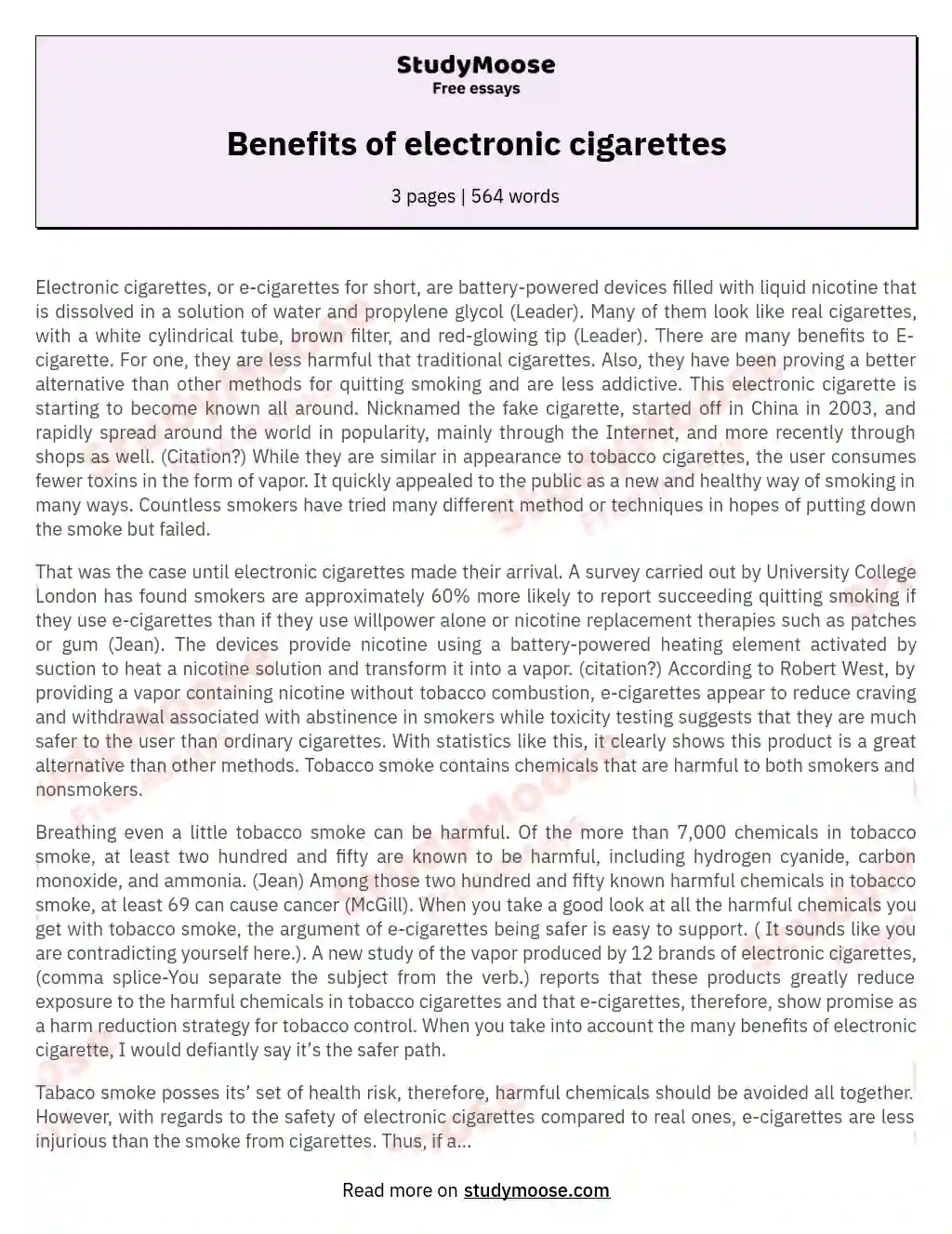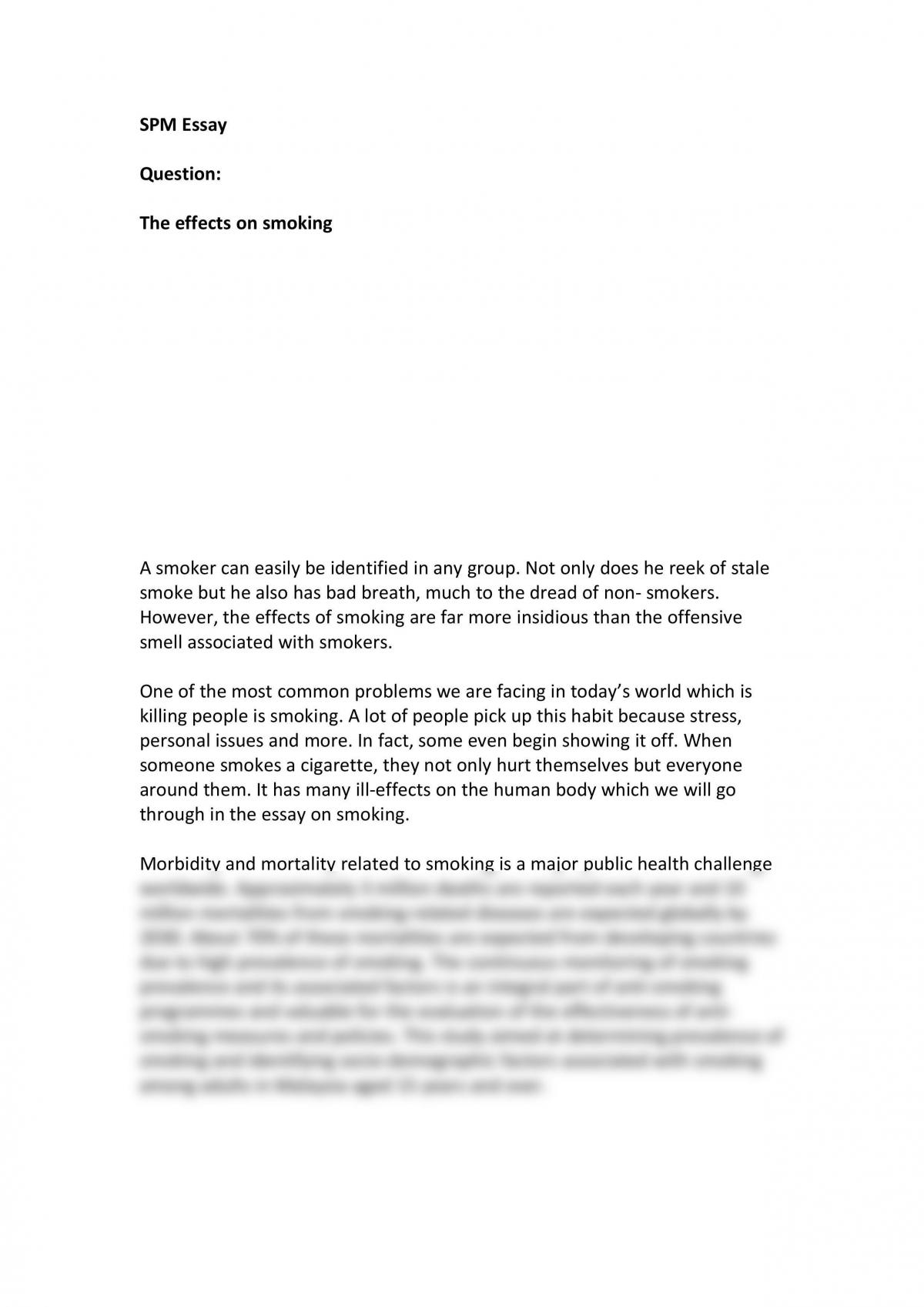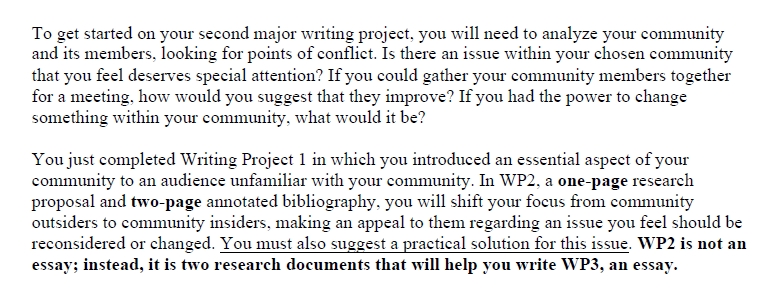Nicotine is a chemical compound found in the tobacco plant that is widely known for its psychoactive effects when consumed. It is often used as a recreational drug and is the main addictive agent in cigarettes, tobacco products, and e-cigarettes. In this essay, we will discuss the effects of nicotine on the body, its potential risks and benefits, and current debates surrounding its use.
One of the primary effects of nicotine is that it stimulates the release of the neurotransmitter dopamine in the brain, which is associated with feelings of pleasure and reward. This can lead to a sense of relaxation and increased alertness, which is why nicotine is often used as a mood-altering substance. However, the effects of nicotine can vary widely depending on the individual and the amount consumed. In large doses, it can lead to increased heart rate, blood pressure, and other physiological effects.
There are a number of potential risks associated with nicotine use, particularly when it is consumed through smoking. Cigarette smoking is the leading cause of preventable death and disease worldwide, and it is responsible for a range of negative health outcomes including lung cancer, heart disease, and stroke. Even e-cigarettes, which are often marketed as a safer alternative to smoking, have been linked to an increased risk of lung injury and other respiratory problems.
Despite these risks, there is some evidence to suggest that nicotine may have some potential benefits when used in certain contexts. For example, it has been shown to have cognitive-enhancing effects and may be helpful in the treatment of certain mental health conditions such as attention deficit hyperactivity disorder (ADHD) and Parkinson's disease. It has also been suggested that nicotine may have some potential as a treatment for obesity and other metabolic disorders.
There is currently a debate surrounding the use of nicotine and its potential risks and benefits. Some argue that it should be more heavily regulated or even banned due to the negative health consequences associated with its use, while others argue that it has the potential to be used in a controlled and responsible manner. Ultimately, the decision to use nicotine should be based on a careful consideration of the potential risks and benefits, as well as an individual's personal circumstances.







